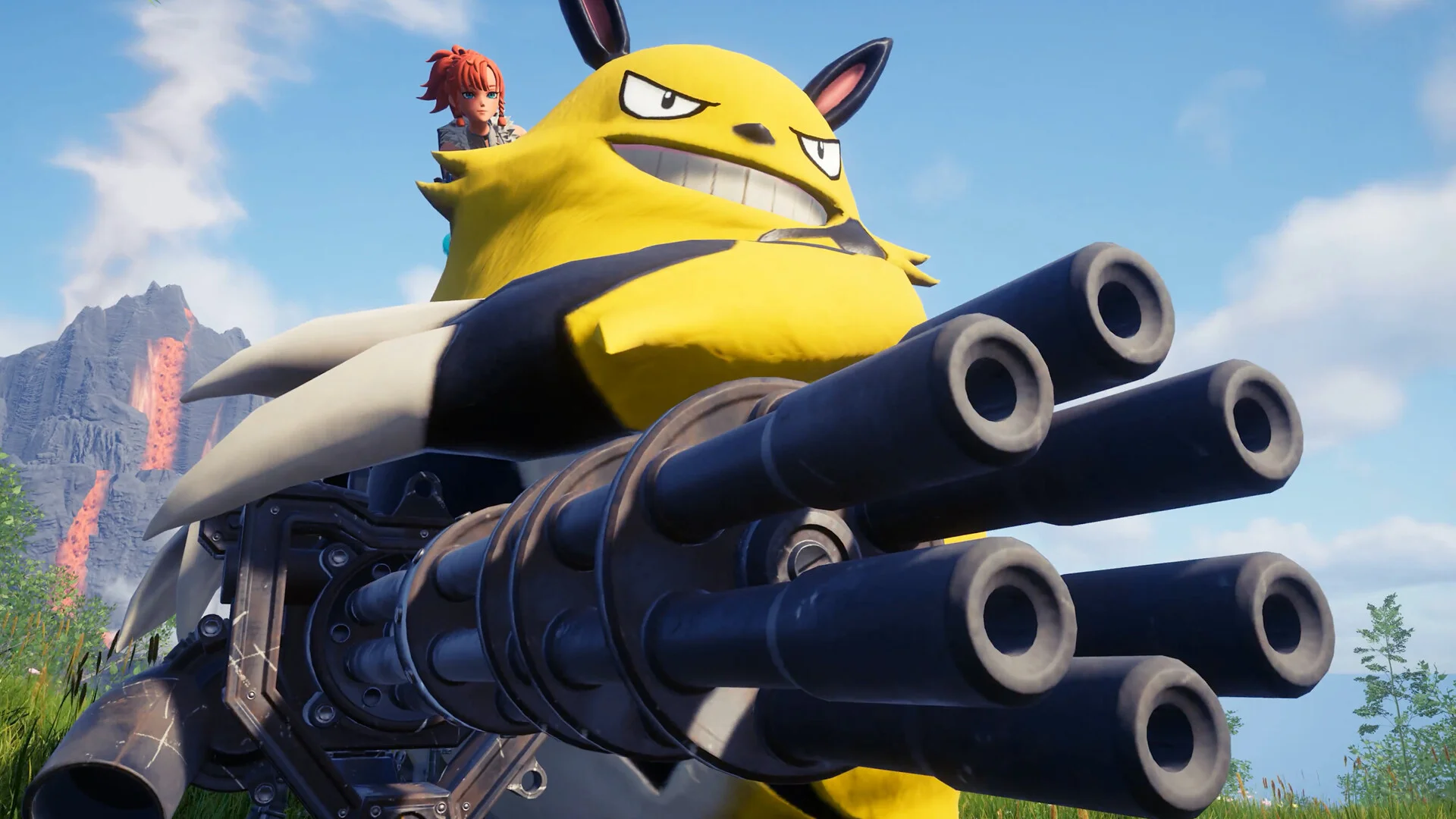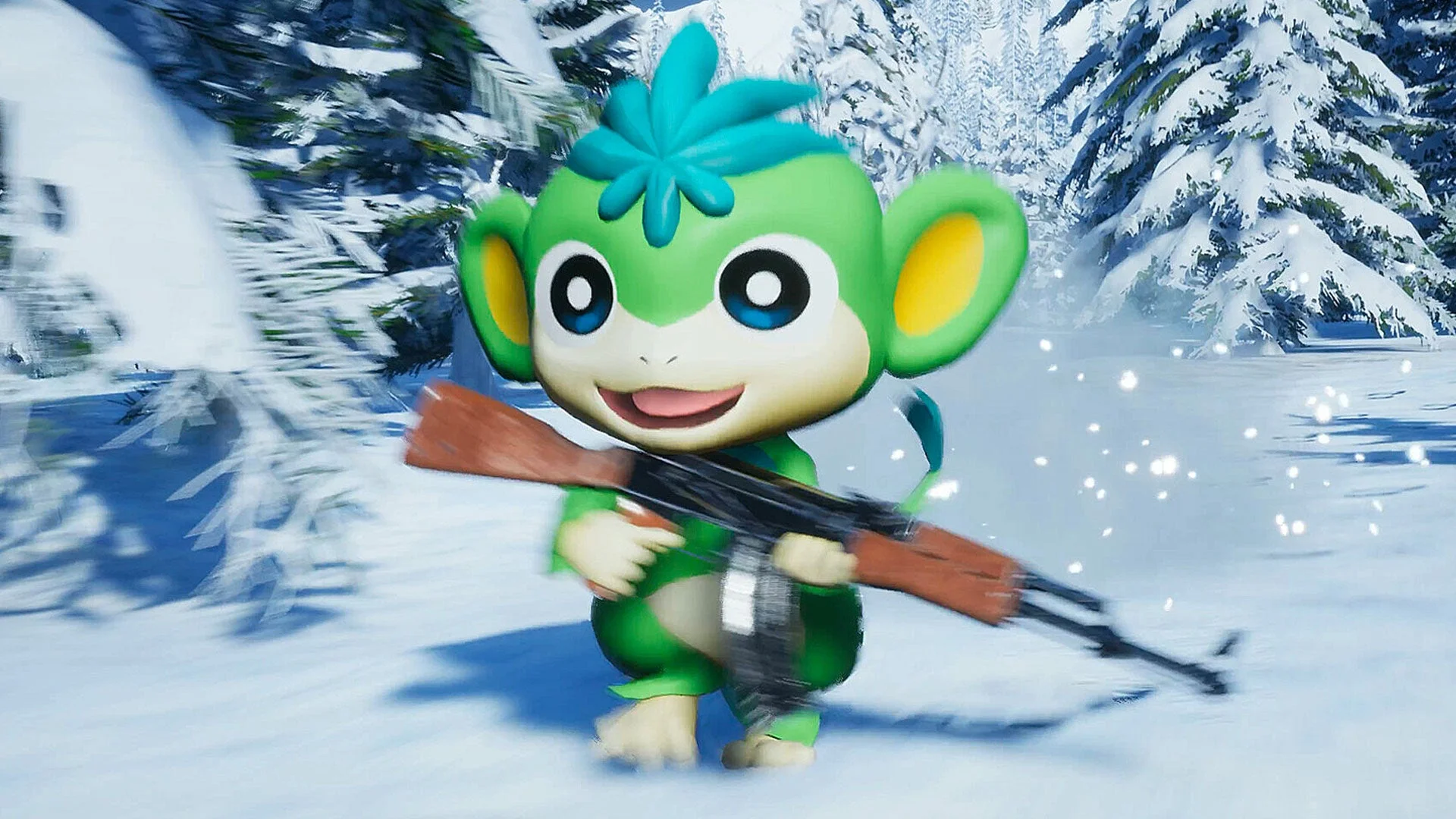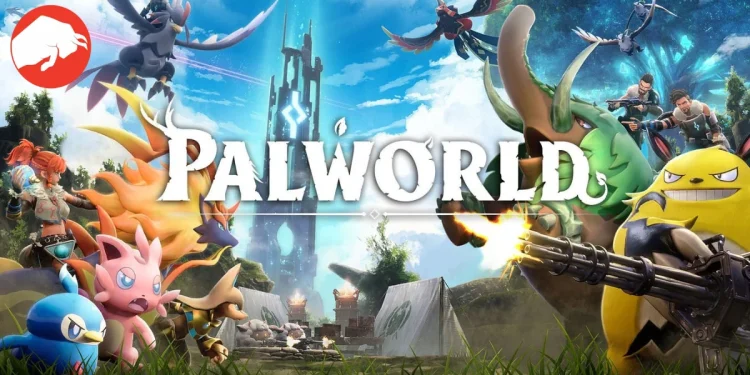In an industry where innovation meets legacy, Palworld has emerged as a formidable force, captivating millions across Xbox, Game Pass, and Steam. Boasting an impressive 19 million players, it not only claimed the title of the biggest third-party launch on the subscription platform but also secured a spot as Steam’s second-biggest release to date. Yet, amid its triumphs, Palworld finds itself navigating turbulent waters, caught in the crosshairs of legal scrutiny over its remarkable similarities to the beloved Pokémon franchise.

A Legal Storm Brewing on the Horizon?
The heart of the controversy stems from Palworld’s creature designs, which many have noted bear a striking resemblance to Pokémon, Nintendo’s crown jewel. This comparison has not gone unnoticed by the gaming titan, with Nintendo’s president, Shuntaro Furukawa, hinting at possible legal action during the company’s latest financial results briefing. Without directly naming Palworld, Furukawa’s message was clear:
“We will take appropriate action against those that infringe our intellectual property rights.”
This statement echoed a similar sentiment expressed by The Pokémon Company, which vehemently stated that no permission had been granted for the use of their designs and assets by any company, underscoring the protective stance both entities take towards their intellectual properties.
Pocketpair’s Stance Amidst the Controversy
In response to the looming threat of legal action, Takuro Mizobe, CEO of Pocketpair, the studio behind Palworld, defended the game’s originality and compliance with intellectual property laws. Mizobe’s confidence stems from thorough legal reviews and the lack of previous actions against the game. He firmly stated:
“we have no intention of infringing upon intellectual property.”
This declaration highlights the complex dance between drawing inspiration and avoiding infringement, a line Palworld treads carefully.

Beyond Legal Concerns: A New Vision for Creature-Based Games
Despite the legal shadows cast over Palworld, the game itself diverges significantly from the Pokémon formula, offering unique gameplay elements that have led some to suggest Pokémon could draw inspiration from its success. This discourse suggests a potential shift in how creature-based games could evolve, pushing the boundaries of the genre and exploring new territories beyond the confines of established franchises.
However, the incident with a Pokémon mod for Palworld, which was swiftly taken down following discontent from The Pokémon Company and Nintendo, serves as a stark reminder of the fine line between homage and infringement. This mod’s removal from the game crystallizes the challenges developers face when their creations inadvertently echo the trademarks of industry giants.
The Future of Palworld: Innovation or Infringement?
As Palworld continues to thrive, the question of whether Nintendo will initiate legal proceedings remains unanswered. The game’s success story is tainted by the controversy over its character designs, sparking a wider conversation about creativity, intellectual property, and the future of game development.
In the realm of video games, where the line between inspiration and infringement is often blurred, Palworld’s journey underscores the delicate balance developers must navigate. Whether Palworld will continue to soar or be grounded by legal challenges is a narrative still unfolding, capturing the attention of gamers and industry watchers alike.









